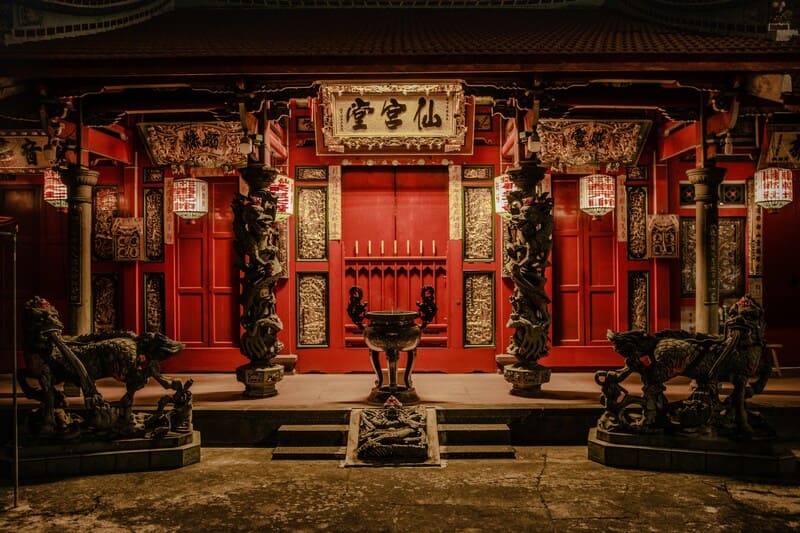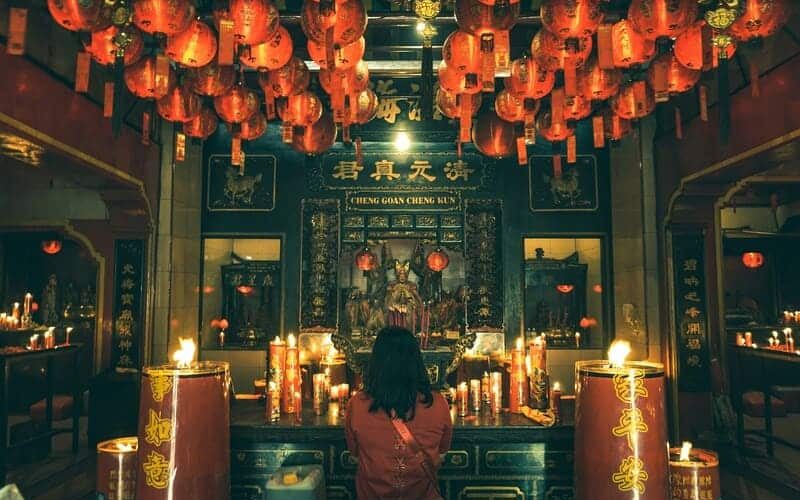Before the summer of 2019, the Chinese Historical fiction genre, known as Danmei, existed solely as a relatively small niche within the international book market. Garnering mostly fans from East and Southeast Asian countries, the genre focuses on fantastical realms and stories born from historical contexts.
Telling a variety of stories, chock full of magic, martial arts, cultivation, and mysterious and compelling characters going on adventures to save the world – all while finding love along the way. Bringing with it a fresh take to historical fiction and romances most had never seen before in the West.
Roots of the Genre
While Danmei languished in relative obscurity in the eyes of mainstream publishers, the market for such stories was boldly thriving on self-publishing sites -in full protest of China’s strict censorship of anything LGBTQIA+ related. So much so, that the expansion into the international market and the awaiting fanbase clamoring for new content became an inevitability that only needed a single spark to turn its embers into a raging global forest fire.
Genre Overview
Danmei, as a genre, has general specifications that most entries adhere to. The overall narrative concept revolves around a fantasy story inspired by Chinese mythology. Mostly influenced by Daoism, Chan Buddhism, and traditional elements of Chinese culture. Including but not limited to martial arts, folk medicine, cultural arts, and alchemy. They tell a tale of good and evil, right and wrong, victory and failure, and love and loss. Wherein the protagonists pursue their goals to attain that (seemingly) inevitable happy ending among engaging plots and spectacular fantastical settings.
Also known as the Xianxia genre in China, these stories often center around a world wherein cultivators -people with supernatural powers and martial prowess – pursue enlightenment and protect the innocent from any number of supernatural evils. Often, but not always, the protagonist is of some divine sect (a clan of cultivators) or a fallen member of the pantheon of Gods. And tell a story wherein there is not only political, social, and confrontational intrigue but a heavy dose of love and romance for fans to sink their teeth in.
In the Beginning
The spark that lit the veritable forest fire that is now a thriving international Danmei market came in the form of an entry into the genre titled “The Grandmaster of Demonic Cultivation,” also known as Mao Dao Zu Shi (MDZS) or The Untamed, by author Mo Xiang Tong Xiu (MXTX.) In it, a young cultivator named Wei Wu Xian befalls an undeserved fate, dies, and is resurrected more than a decade later. Only to realize that the person who pulled him back from the underworld returned him to the land of the living so that he could avenge them both.
Wei Wu Xian soon finds himself embroiled in a plot that forces him to revisit his relationship with a former fellow student -and rival turned friend turn rival- Lan Wang Ji, to undo the sinister dealings and machinations of the man who orchestrated Wei Wu Xian’s death so many years ago. All while telling the story of how the two men, now banded together against the world, take the second chance offered by fate to do things differently between them – in hopes of making true the shared happy ending both desperately wanted from the very beginning.
Popularity

The Grandmaster of Demonic Cultivation Danmei was originally serialized on the Chinese online platform Jinjiang Literature City (JJWXC) from October 2015 to March 2016, with a revised version being re-released later that year in September. The initial domestic reaction to its release was overwhelmingly positive. With an overall rating of 8/10 on Douban, an online database, and a social media site compiling numerous ratings and discussions on many forms of entertainment, the series was quickly dubbed one of the best Xianxia-style series ever written.
This explosive popularity boom created a wave of interest so profound that not only were several live-action adaptations and anime series licensed, but several publishers immediately switched gears to focus solely on publishing the most popular danmei from China. Seven Seas, based out of Taiwan, was the first to make that leap for the English-speaking world, gaining publishing rights to three of the industry’s most popular novels: Scum Villain’s Self-Saving System (SVSSS,) Heaven Official’s Blessing (HOB,) and The Grandmaster of Demonic Cultivation series.
Reception
The distribution of English translations hit the market on major retail sites like Amazon and Barnes & Noble soon thereafter, creating an influx of fans into the genre. The releases sparked a boom in popularity so profound that it has yet to run out of steam six years later. With every new volume, each entry tops the Best Sellers list, sometimes even before its official release. Pre-orders are continuously so strong that publishers have been forced to increase printing counts to match the demand and rerun new printings for multiple entries within many of the different series.
Given that all three originally released novels, plus the dozens of titles that have been released since, are comprised of as many as four to ten individual volumes, this speaks to the essence of the genre’s inherent staying power. Every new title’s entry into the market garners sales on par with previous releases and has continued to grow as the shift to mainstream publication increases. More and more fans have flocked to the genre, speaking to the efficacy and intrigue of Chinese Danmei as a relevant and interesting subset of the book market.
Final Thoughts
While still considered niche in many aspects, it is clear to readers that Chinese Danmei has resonated with audiences worldwide. Their ability to draw the reader into relatable settings, plots, and characters allows the genre to offer a grandiose selection of themes that fans of fantasy, adventure, and romance crave. Bringing to the fore the compelling and refreshing nuances of Chinese history and legend, as well as historical romances in general, in a new and interesting way.








